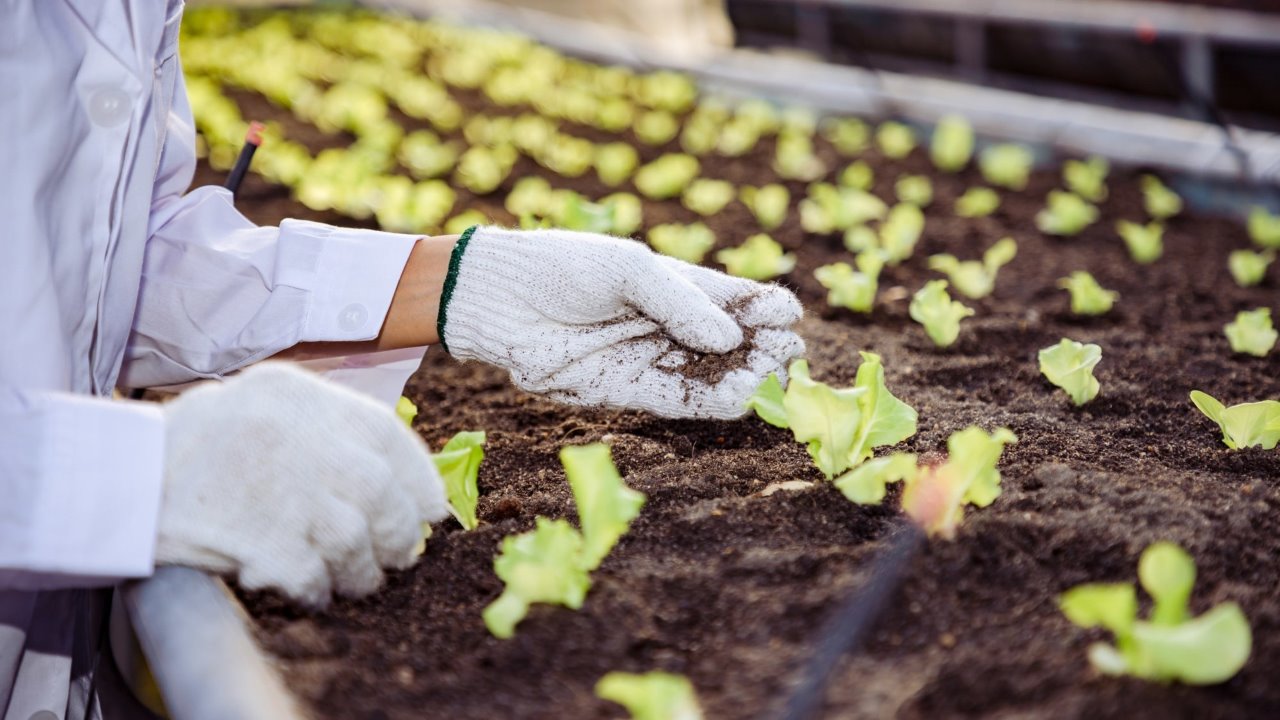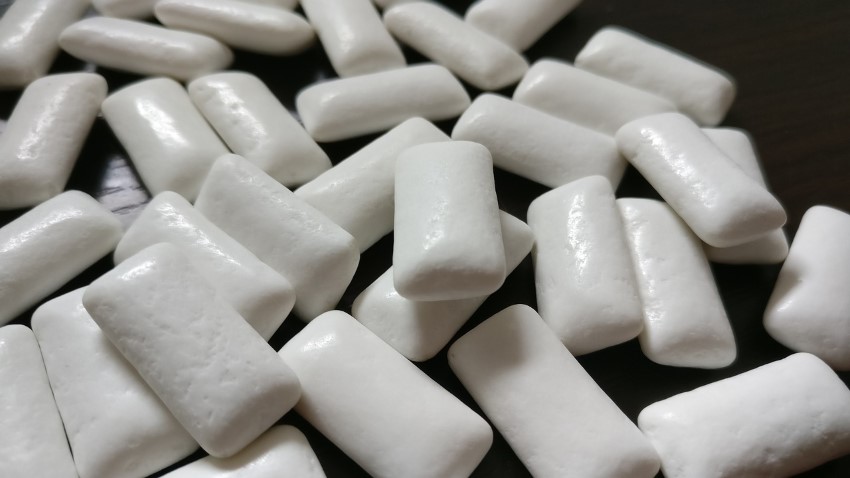The number of urban food programs seeking to create greater food resiliency and equity in New York City increased during the COVID-19 pandemic to support overstressed food supply chains. This urban agriculture community is fragmented, with little understanding of who is growing food and how it is being distributed. To address this challenge, the Foundation for Food & Agriculture Research (FFAR) awarded a $300,000 Seeding Solutions grant to the NYU Stern Center for Sustainable Business (CSB) to develop a data collection tool establishing a baseline understanding of local food production in New York City. The Mother Cabrini Health Foundation and NYU Stern Center for Sustainable Business provided matching funds for a $600,667 total investment.
Continuing to build resilient local food systems is a foundational necessity for vibrant, thriving communities. The data aggregated by this research will allow urban growers to better collaborate with one another and better inform public policy that supports equitable access to fresh, culturally appropriate foods.
Dr. John Reich, FFAR Scientific Program Director, Foundation for Food & Agriculture Research.
Consistent data collection and access is the first step to understanding urban agriculture systems and promoting equitable food access. The NYU Stern Center for Sustainable Business created Mapping Agricultural Production in NYC (M.A.P. NYC) in 2021. This interactive, crowd-sourced map catalogues food production and provides information on food distribution, technologies, labor and services across New York City. This tool was developed as part of the Invest NYC Sustainable Development Goals (SDG) Initiative, a multi-year initiative to support New York City’s One NYC 2050 strategic plan based on the United Nations SDGs.
However, the tool’s utility is currently limited as there is no straightforward way to collect data to inform the platform. Marianna Koval, director of the Invest NYC SDG Initiative, is leading a team of NYU Stern Center for Sustainable Business researchers, with guidance from Professor Angela Trude and managed by Anne-Laure White, to create new data collection methodologies that accurately provide data to inform M.A.P. NYC. The team aims to fill data gaps in the food system and better understand the urban agriculture sector, including land use and education. The researchers are hosting four to six workshops for stakeholders, including urban growers, gardeners, city officials and other relevant experts, to inform the prototype data mapping tool.
Working with the diverse growing community, we’ve learned there is a critical need for sharing information amongst growers, as well as pooling information to demonstrate the current and potential power of urban agriculture in NYC. We are thrilled to have grant funding from FFAR and Mother Cabrini to develop a tool that best represents and supports the work of growers in providing fresh and nutritious food for our city.
Marianna Koval, Director of Invest NYC SDG, NYU Stern Center for Sustainable Business.
The updated visual M.A.P. NYC tool will be the first-ever baseline of local food production and distribution in New York City. It will serve as both a public resource for research, as well as a data-driven strategy helping growers to communicate with New York City public officials to inform public policy that supports the growth of a just and resilient urban agriculture sector.
About the Foundation for Food & Agricultural Research

The Foundation for Food & Agriculture Research (FFAR) builds public-private partnerships to fund bold research addressing big food and agriculture challenges. FFAR was established in the 2014 Farm Bill to increase public agriculture research investments, fill knowledge gaps and complement the U.S. Department of Agriculture’s research agenda. FFAR’s model matches federal funding from Congress with private funding, delivering a powerful return on taxpayer investment. Through collaboration and partnerships, FFAR advances actionable science benefiting farmers, consumers and the environment.
Connect: @FoundationFAR


